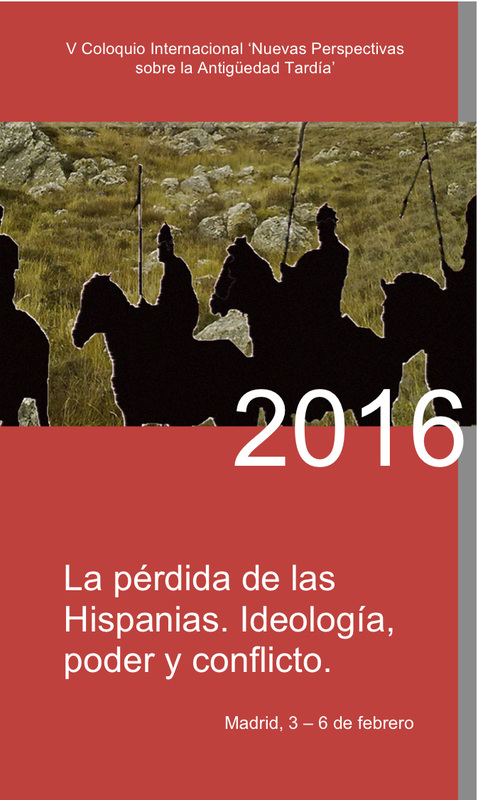As part of the History and Heritage Research Seminar Series, sponsored by the Medieval Studies Research Group:
Dr Julia Hillner (University of Sheffield) joined us on Wed 6th April 2016, 4.30-6pm, in MB3201 to delivered a paper on ‘
Women, Crime and Confinement in Late Antiquity.
Julia discussed late antique legal developments (up to the 7th c.) surrounding crimes committed by women, especially those related to adultery. Penalties inflicted on female criminals differed from those applied to men, although this did not necessarily mean that they were more lenient.
Julia’s presentation charted the interference of the state in this area on the one hand, and families’ exploitation of, and resistance against, this interference on the other. Under Augustus, cases of adulterium (adultery) and stuprum (sexual offence) became matters of state order and therefore they were judged at court rather than dealt with in a domestic context, as it happened before. However, it was under Constantine that families had the power to decide what sort of punishment women should be subjected to. Perhaps not surprisingly this also coincided with the weakening of the popular accusatory system which prevailed until then.
Exploring dynamics of domestic confinement and seclusion, as well as culturally recognizable “rituals of domesticity”, Julia’s paper shed light on the emergence of a peculiar form of punishment for female deviants in late antiquity: confinement in a monastery.
While discussing some of the key questions which she had already explored more in depth in her recent book Prison, Punishment and Penance in Late Antiquity (Cambridge, 2015), Julia also gave us an insight into her forthcoming research project, which will focus on women and crimes other than those of a strictly sexual nature.
We look forward to reading more about such a fascinating subject!













